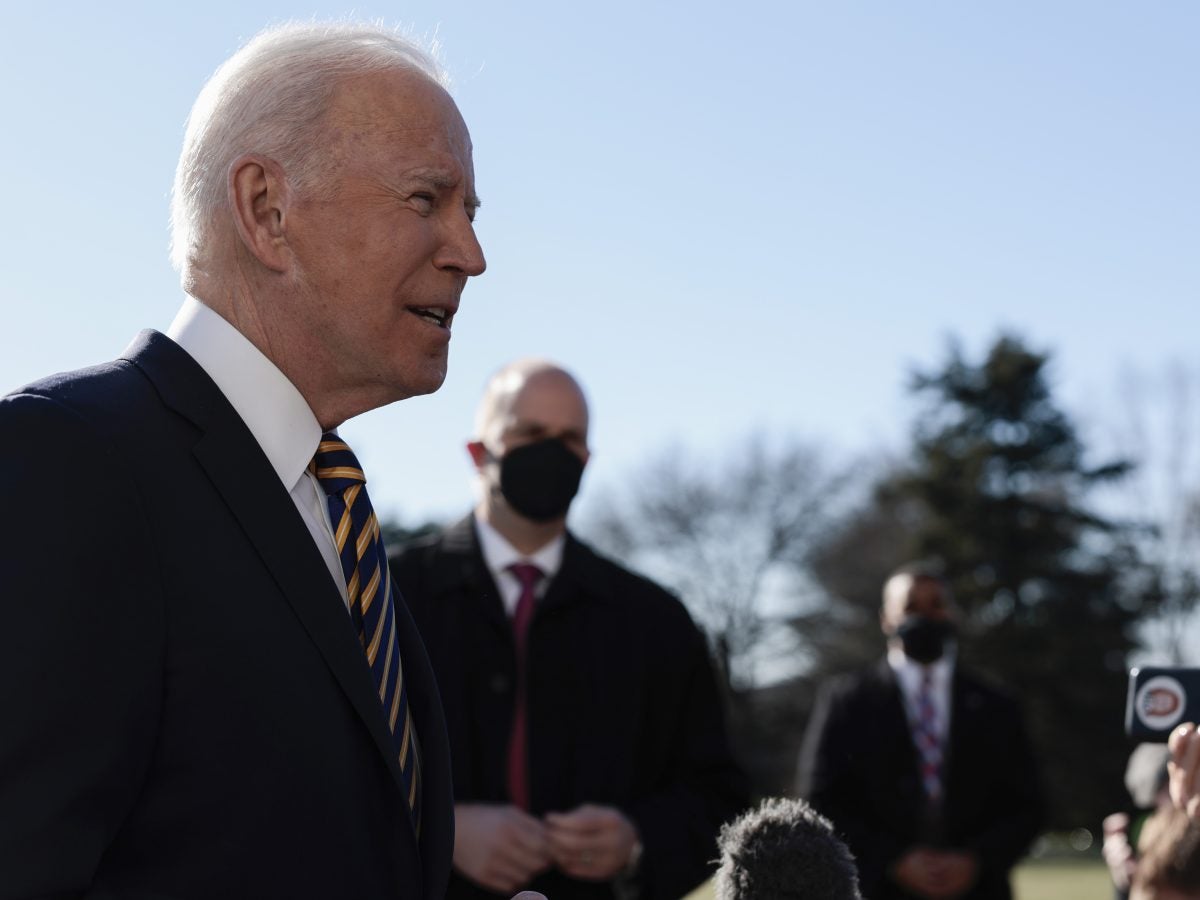
After President Joe Biden announced plans to speak in Atlanta, a coalition of voting rights groups has vowed not to attend the events surrounding his visit.
The state, which was turned in favor of Democrats during the 2020 election, has had voting rights come under heavy fire. Cliff Albright, co-founder of Black Voters Matter, and representatives of several voting rights groups have gone on record with their disappointment in President Biden and Vice President Kamala Harris’ “lack of action on voting rights.”
Calling for concrete action over what they’ve called a “photo op,” Albright and the other groups urged the Democratic duo to stay in Washington and come up with a clear plan to advance voting rights legislation. Some of the groups that have encouraged this action are the Asian American Advocacy Fund, GELEO Impact Fund Inc. and [the] New Georgia Project Action Fund.
“We don’t need even more photo ops. We need action, and that action is in the form of the John Lewis Voting Rights (Advancement) Act as well as the Freedom to Vote Act, and we need that immediately,” Albright told reporters on Monday.
Biden and Harris’ speeches plan to be attended by many longtime civil rights leaders, including the Rev. Jesse Jackson and the Rev. Al Sharpton, Melanie Campbell, the chief executive of the National Coalition on Black Civic Participation, Marc Morial, the president of the National Urban League; Derrick Johnson, the head of the NAACP, and many others.
The speech in Atlanta will center around the need to secure voting rights and change the Senate filibuster rule in the face of new Republican-backed laws that Democrats say will suppress minority votes. But as April England Albright shares, the disappointment is that again Black and brown voters are going under-appreciated and overlooked.“It is very disappointing that we use our voice and our vote to elect the Democrats to handle this issue and it just hasn’t been given the priority that it should,” April England Albright, legal director for activist group Black Voters Matter, said in an interview.
Senate Democrats tried to bring the voting-rights bill to a floor vote four times last year, and were repeatedly blocked by Republicans, who made use of the filibuster rule that requires 60 of the 100 senators to agree to advance most legislation.
